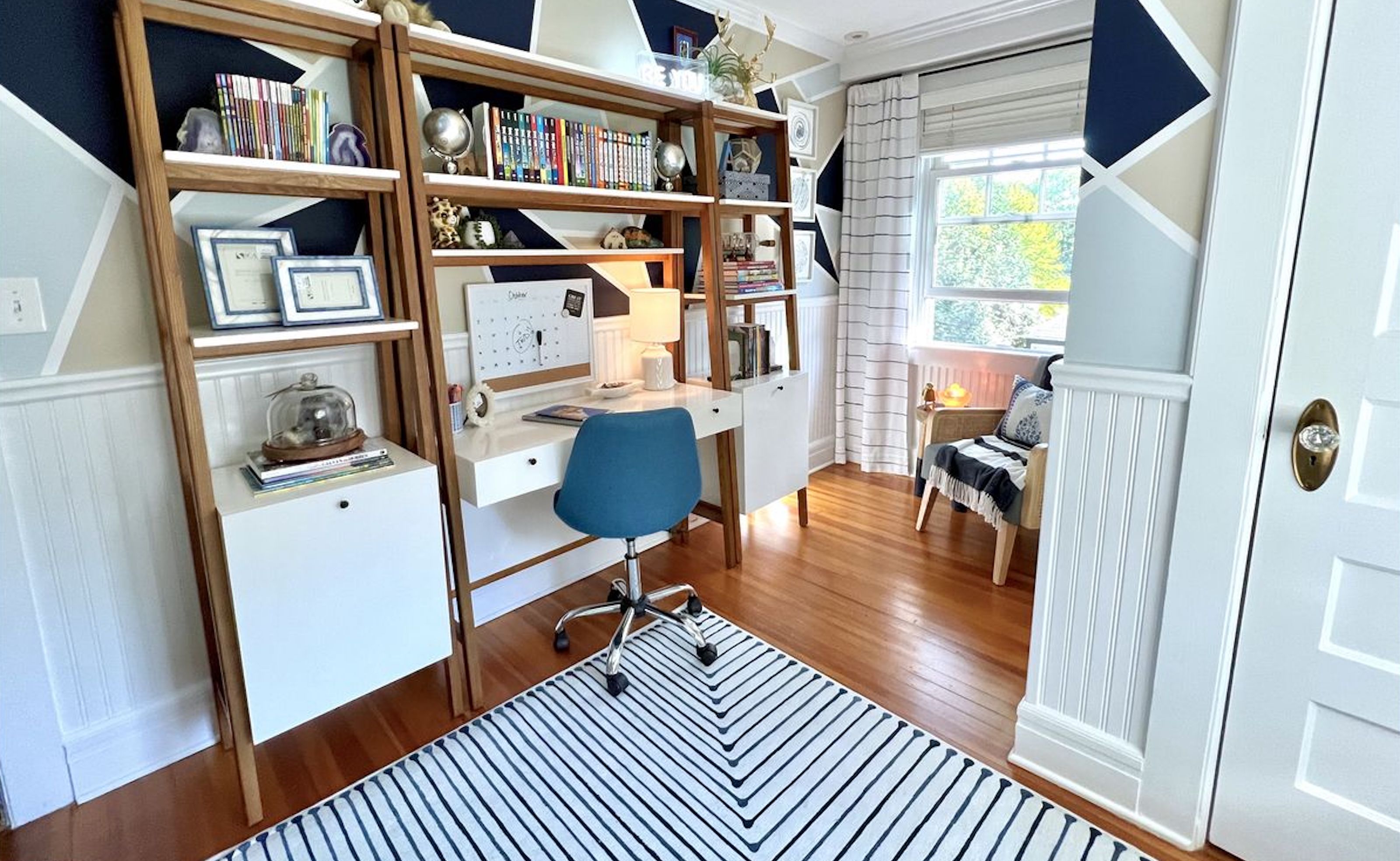

Moving into your first rental outside of the dorms is very exciting, but trying to figure out how to get your college apartment security deposit back isn't so much. Whether you’re living alone or with a roommate or two, moving into your first off-campus living space is an experience you are unlikely to forget.
From apartment hunting to choosing furniture to waking up on move-in day, the experience can be stressful, but happy.
However, one day that generally isn’t happy is move-out day. There is so much to do between boxing everything up, getting all the boxes out, and moving on to your second place. So it may come as a surprise when you get your security deposit back and the amount ends up being a fraction of what you paid.
How to get your college apartment security deposit back
Let's first start with what a security deposit actually covers. "A security deposit typically covers damage to the home (excluding normal wear and tear), unpaid rent, or other lease charges during a renter’s occupancy of a rental property," says Tim Sedgwick, vice president of operations at Real Property Management, a Neighborly Company. So how can you get the full amount of your security deposit back? Here is what you need to do.
1. Take plenty of photos and videos
Before you start breaking down your moving boxes and unpacking, take photos of every room in the home and clock any rental red flags. If anything looks off, such as chipped paint, a scratched wall, or a cracked bathroom tile, take a photo. You can also take videos. Then e-mail these along with notes to your landlord so you aren’t charged in the future. They also may be able to repair things like broken electrical outlets and malfunctioning garbage disposals.
Whether it's a big paper that’s due or rushing a sorority, we all get busy, but be sure to report maintenance issues as soon as you can. “Ignoring leaks, faulty electrical outlets, or broken appliances without reporting them to the landlord can lead to more significant problems," says Sedgwick. "If these issues worsen due to neglect, the landlord may deduct repair costs from the security deposit."
Plus, you’ll be less annoyed by that dripping sound coming from your bathtub.
2. Return your college apartment to its original state
Did you paint your bathroom blue only to discover it's against your lease? It’s not the end of the world, but you need to paint it back to the original color before you move out. "Students may paint walls, install shelves, or make other alterations without the landlord's permission," says Sedgwick. "If these changes are not restored to their original condition upon move-out, deductions for repairs can be made from the security deposit." Have a few paintbrushes and rollers on hand (like this highly-rated set from Amazon) to get everything back to its original state.
3. Make sure your space is sparkling clean
Your apartment was probably clean when you moved in. So, it’s important to leave it the same way. This isn’t just to be courteous. Your landlord is likely to deduct the cost of a cleaning service from your deposit. Keep in mind, it’s often cheaper to hire your own cleaner than to use your landlord’s.
Then Sedgwick suggests documenting it. "Take photos or videos of the cleaned and empty rental unit after you've completed all cleaning and repairs," he explains. "This documentation can serve as evidence of the property's condition when you left. By thoroughly cleaning and maintaining these areas, you can leave the rental unit in excellent condition and increase the likelihood of receiving a full or nearly full refund of your security deposit. Be sure to also review your lease agreement for any specific cleaning or maintenance requirements specified by your landlord."
4. Discuss pets before you move in — not after
Having a furry friend to keep you company while living in your first apartment is a lovely idea, but make sure your rental agency or manager knows. "Keeping pets without the landlord's permission or not following pet policies can lead to deductions for damages caused by pets, such as stains, scratches, or odors," says Sedgwick. So, if you already have a cat or are dying to get a Bernadoodle, don’t move into a building that doesn't allow pets.
5. Discuss notice periods and move-out dates
Make sure you read your lease so you know how much notice you have to give before moving out. It’s typically 30 or 60 days, but it could be more or less. “Some rental agreements require a specific notice period before moving out. Not adhering to this requirement may result in a penalty or a deduction from your deposit,” says Sedgwick.
6. Share your next address
You’ll never get your security deposit back if the landlord doesn’t know where to send it. "Failing to return all keys and not providing a forwarding address can delay the return of your security deposit," he says. "Landlords need to ensure they can reach you to return any remaining funds."
Retrieving your full security deposit can be stressful, but by following these steps, it shouldn't be too big of a deal. One of the most important parts of learning how to be a good tenant and getting your money back is clear communication.
Join our newsletter
Get small space home decor ideas, celeb inspiration, DIY tips and more, straight to your inbox!

Hi, I’m Amanda Lauren. I’m a design expert and interior stylist who writes for Real Homes, Forbes, Real Simple among other publications. I live in Los Angeles in the historic neighborhood of Hancock Park with my husband, and two dogs, Lulu and Milo. We also have a baby coming in spring 2023. I’m a big believer in finding beautiful things at all price points. There are so many places to find affordable things, you just have to look for them. If you don't find it at first, look harder!